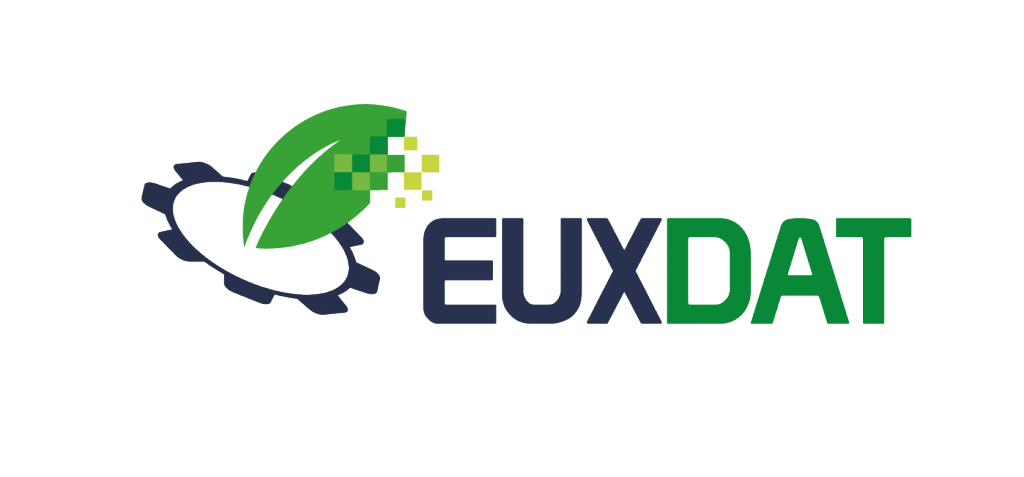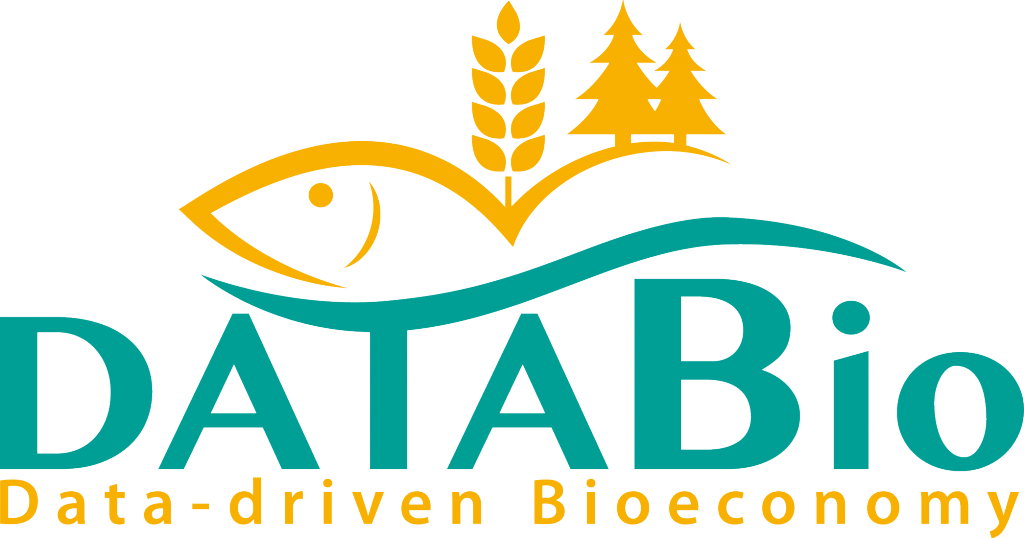This is a description of Team no 2 of the Nairobi INSPIRE Hackathon 2019 led by Karel Jedlicka as a mentor and assisted by Karl Gutbrodt, Pavel Hájek, Jiří Valeš, Vojta Lukas.
This team aims to demonstrate several options of meteorological data exploitation for the needs of African farmers. The farmers needs were collected and are described in the Vaughan et al. (2017) study:
As there are many options for exploitation, the team focuses on two use cases. The first one is focused to historical weather data and the second one is related to weather forecast data.
The first use case focuses on evaluation of a suitability of a region for particular crop type – based on climatic data. In particular, Kenya, as the conference hosting country, is selected as the area of interest and maize is selected as the crop.
The goal is to categorize Kenya countryside to regions according to a suitability of maize production, based on Earth observation data and ideally compare it to the real situation in the region. The categorization will be done according to the temperatures and ideally also soil moisture data from last 40 years, looking for areas where there is:
- a period of 130 days with temperatures between 10°C – 30°C,
- soil moisture is above a certain value (need to be defined) in the middle of the period.
These conditions are defined by a growth model of corn, e.g.:
The second use case leverages weather forecast data to predict a probability of insect pest threat to crops. The idea lies in a calculation of cumulative effective temperatures needed for development of “armyworms” (Spodoptera exempta and Spodoptera frugiperda) to grow. As the effective temperatures are calculated from the forecast data, a risk ratio can be calculated in advance and alerts can be sent to farmers via cell phone when needed.
The team is experienced in meteorology, agronomy and geomatics. However, we are looking for new team members as there are:
- open questions mainly related to local meteorological and agricultural conditions which differ from our Eurocentric experience,
- opportunities to work with Earth observation and meteorological data.
The details about our work plan are going to be revealed at the upcoming webinar. Then a Skype based cooperation of the team will take place.
Acknowledgements:
- European e-Infrastructure for Extreme Data Analytics in Sustainable Development (EUXDAT). H2020: EINFRA-21-2017, no.: 777549. www.euxdat.eu
- Data-Driven Bioeconomy (DataBio). H2020: ICT-15-2016-2017, no.: 732064. www.databio.eu
- Research and development of intelligent components of advanced technologies for the Pilsen metropolitan area (InteCom), by the Czech Ministry of Education, Youth and Sports CZ.02.1.01/0.0/0.0/17_048/0007267 [CZE: Výzkum a vývoj inteligentních komponent pokročilých technologií pro plzeňskou metropolitní oblast (InteCom). EU, Operační program pro výzkum, vývoj a vzdělávání. MŠMT CZ.02.1.01/0.0/0.0/17_048/0007267]. https://ntis.zcu.cz/cz/o_centru/resene_projekty/
- Aggregate Farming in the Cloud (AFarCloud). H2020 ECSEL JU, no.: 783221.
http://afarcloud.eu/ - PUNTIS, Project LO1506 of the Czech Ministry of Education, Youth and Sports.



Join this team no. 2 by registering at https://goo.gl/VME2ZG
